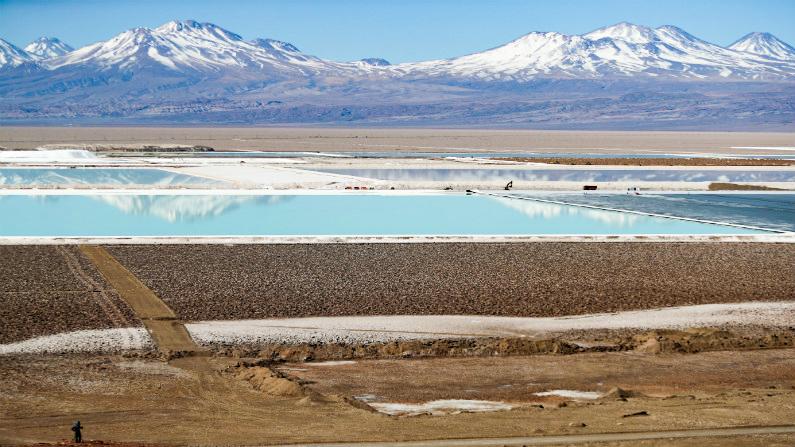It’s been called “white gold” in the mining industry. Latin America’s lithium deposits have become a new El Dorado, a commodity conquest that China is angling to control.
China is among the top three lithium producers in the world, along with Australia and Chile. The Asian nation also commands an estimated 80 percent of global electric-battery production, which is driving the current surge in demand for lithium.





